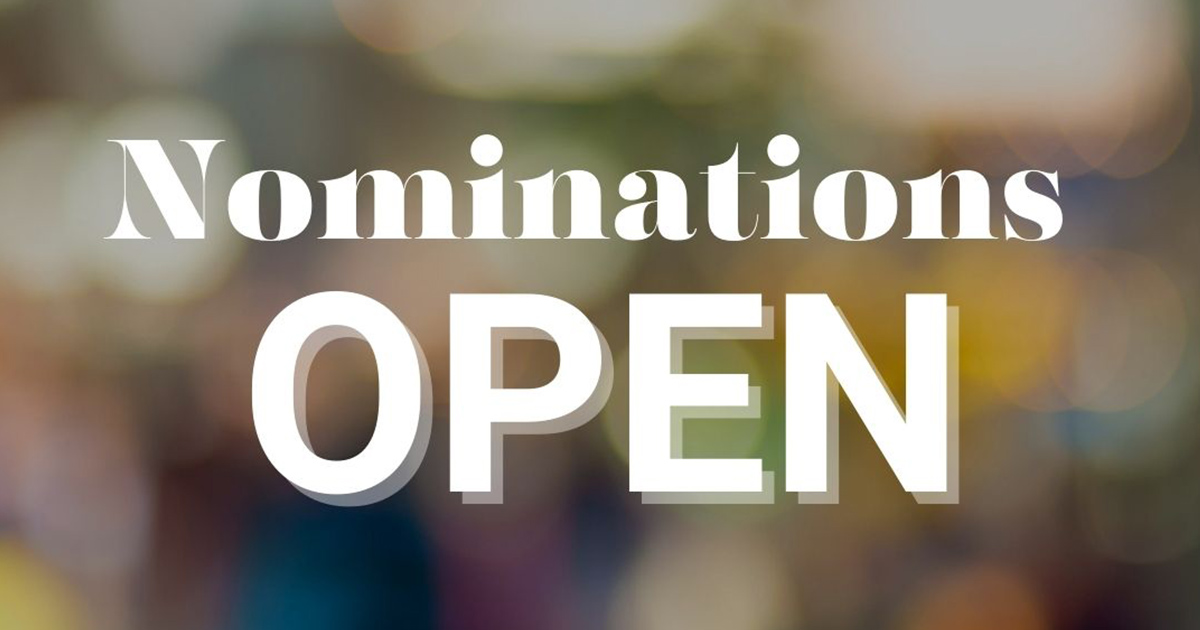
Leading mental health experts in Australia are drawing attention to the growing mental health challenges in the country as nominations open for the prestigious Australian Mental Health Prize. The Prize recognises individuals who have made a significant contribution to mental health in Australia.
“The state of mental health in Australia is concerning, with notable increases in depression, anxiety, and suicide rates, especially among young people. The shortage of mental health professionals poses a significant challenge, leading to a workforce crisis in the sector. Additionally, the low priority given to mental health in comparison to other areas like defence, NDIS, and aged care is a cause of great concern,” explains Professor Allan Fels AO, co-chair of the Australian Mental Health Prize Advisory Committee and previous recipient of the Prize.
Moreover, the growing demand for mental health services is not being matched by the available resources, leaving the “missing middle” without access to essential services.
“Although the government’s recent budget investment in the workforce is a step in the right direction, it is just the tip of the iceberg. We urgently need to not only maintain but invest more in mental health services and resources to meet the growing demand for support,” says Lucy Brogden AM, co-chair of the Australian Mental Health Prize Advisory Committee.
“Although short-term crisis support services are crucial, it’s equally important to guarantee that individuals can avail themselves of long-term care from caring, highly trained professionals. The recent move to revert to the previous limit of 10 Medicare-funded psychologist sessions is a significant blow to mental health care in Australia. This change makes it even more challenging for people to obtain the necessary assistance, especially for those who are already facing financial difficulties,” Ms Brogden emphasises.
The rising cost of living in Australia is having a significant impact on overall mental health, especially for young people.
“Young people feel anxious about how the rising cost of living is going to impact their ability to achieve major life milestones, like moving out of home or saving for a house. We know financial security is a protective factor for good mental health, and changes to a young person’s financial circumstances can place their mental health under stress. It is also incumbent on governments to take steps to alleviate these pressures, so that young people and their families can afford the things they need to lead happy, healthy lives,” says Professor Fels.
Donna Stanley, last year’s winner of the Prize’s Indigenous category, emphasises the potential impact of the Voice to Parliament referendum on Indigenous mental health.
“The mental health of First Nations communities is disproportionately affected by systemic racism, intergenerational trauma, and ongoing social and economic disadvantage. The upcoming Voice to Parliament referendum presents a crucial opportunity to address these issues and improve mental health and wellbeing in these communities. It is important that the debate is respectful of the lived experiences of First Nations peoples and must include a range of perspectives so that all Australians can make an informed decision when it comes time to vote,” says Ms Stanley.
“It’s clear that we need to take a more equitable approach to mental health care in Australia. This means ensuring that people in low-income and regional areas have the same access to care as those in wealthy areas and providing more options for people who are unable to afford private services,” continues Ms Stanley, who provides mental health services across regional Western NSW.
The Australian Mental Health Prize was established in 2016 by UNSW Sydney. Henry Brodaty AO, Scientia Professor of Ageing and Mental Health at UNSW Medicine and Health, says “The launch of nominations for the Australian Mental Health Prize is a timely reminder of the urgent need to address the mental health challenges in our country. By recognising those who are making a difference in this space, we can raise awareness of the issue and inspire others to take action.”
Nominations for the 2023 Australian Mental Health Prize open on May 22 and will close on July 17, 2023. The winners will be announced in late September.
To nominate, answer three questions about the nominee’s mental health contributions and impact on the online form at www.australinmentalheathprize.org.au. Categories include Aboriginal or Torres Strait Islander, Lived Experience, Professional, and Community Hero.




